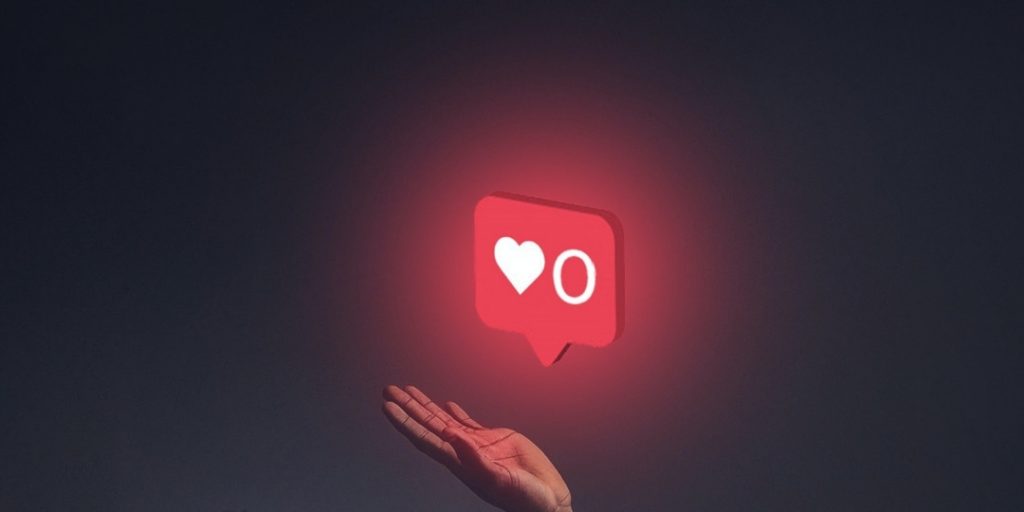What do you think of when you hear Digital Wellbeing? Maybe just that weird feature that suddenly appeared quietly in the device settings of your Android smartphone. Maybe of Digital Detox challenges, corresponding retreats, or (success) stories of people who left social media behind.
Digital wellness and Digital Detox are, ironically, mostly addressed on social media. There, they line up alongside a number of other lifestyle trends such as meditation, mindfulness, and gratitude. But just as meditation is good for many people, digital wellbeing is a concept whose value goes far beyond the feel-good posts. Ultimately, it is about nothing less than - as the name suggests - mental (and also physical) well-being in connection with the use of digital media.
This article is the start of a three-part series on the topic. In this first part, we will look at digital wellbeing in the private sphere. The next article will be dedicated to digital wellbeing in the workplace, where users face different but no inferior challenges. Last but not least, in the third article we will look at a more specific phenomenon, Zoom Fatigue.
How digital media can serve us
The Internet in general and social media in particular should not be categorically demonized. Both have undeniable benefits that make them attractive to use in the first place. Because of their wide range of uses, mobile devices have become an indispensable part of most people's lives - whether for personal planning, online shopping, consuming digital media or maintaining social contacts. Messenger services, video calls and social media, for example, enable people to connect with family and friends across spatiotemporal boundaries. Physical distance need not stand in the way of maintaining cherished contacts.
At the same time, forums and groups, fan pages and online communities make it possible to exchange ideas with like-minded people even more than in real life. After all, in the limited circle of acquaintances from school, university or work, it may be difficult to find people with the same interests - especially if they are outside the mainstream. Online, it's easy to network about these interests and make new acquaintances.
In addition, there are now a large number of apps and services that can also serve physical health - for example, with meditation instructions or workouts. Others offer support in everyday life, for example with extensive shopping lists, recipe collections, to-do lists and productivity tools. Moreover, a great deal of knowledge is available on the Internet at low cost or often free of charge. Numerous tutorials on a wide variety of topics can be found on YouTube. Online courses are often offered relatively cheaply by various providers, especially compared to their analog counterparts.
The Internet thus offers opportunities for communication, everyday organization, further education and entertainment that hardly know any comparable equivalent in the analog world.

